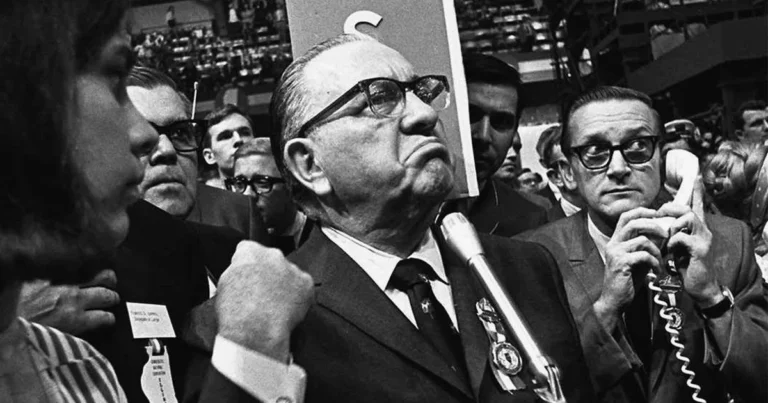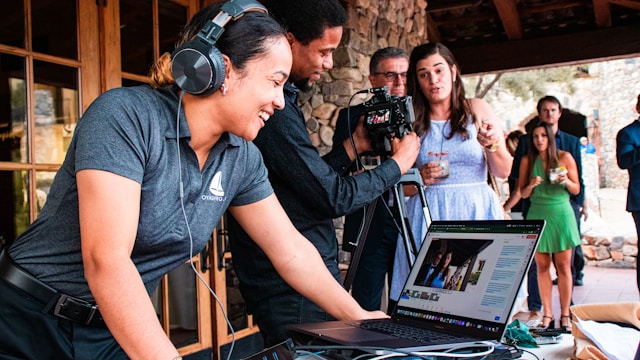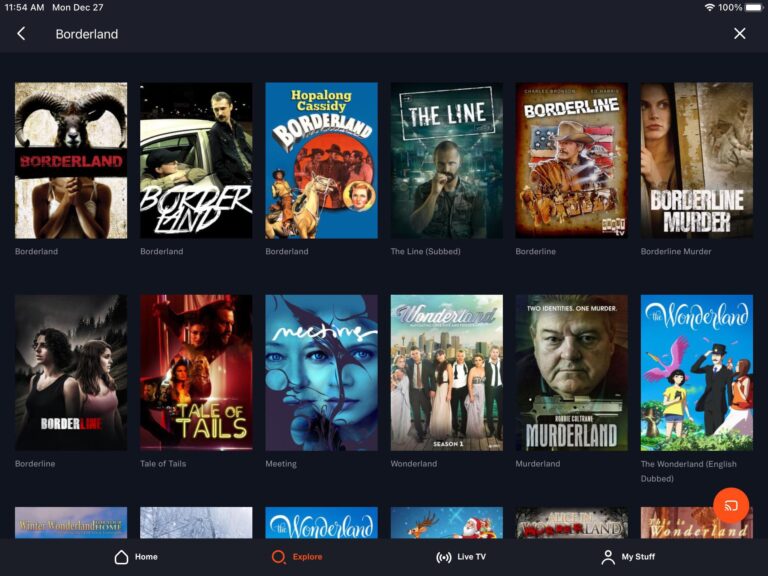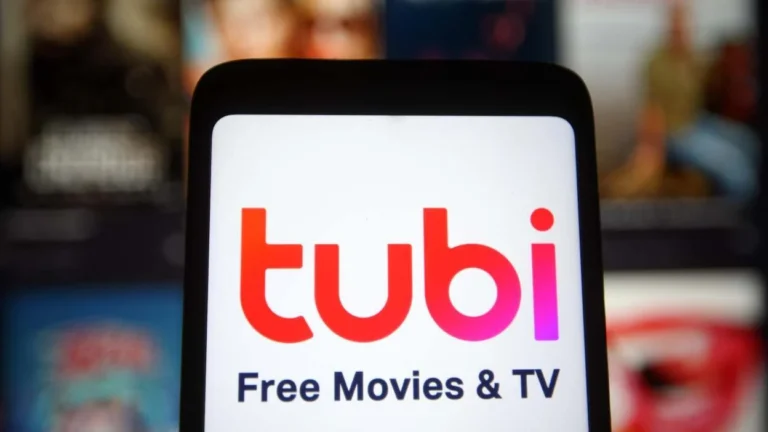Music Financing
Imagine guaranteeing your only asset as an artist for a loan with an interest rate so high that it becomes nearly impossible to pay back. When a record label offers an artist a traditional recording contract, it is not a payment for the work being produced. It is a selective, high-interest loan. Armand Lucas
Music has always been a form of art, expression, and entertainment, capturing the hearts of millions. But when we think of our favorite artists and the plethora of songs streaming through our earphones, seldom do we dive deep into the complex world of music financing. The truth is, many recording artists, particularly in the early stages of their careers, don’t make a substantial amount of money directly from record sales or streaming.
Record Label Contracts: Essentially Loans
Matt Bacon from Dropout Media makes this point: “To understand the dynamics, it’s crucial to perceive record label contracts in a new light. When an artist signs with a major label, they often receive an advance, which is essentially a financial boost to help them produce albums and kickstart their careers. However, this isn’t free money. It’s more like a loan. Every penny of this advance needs to be paid back to the label, typically from the artist’s royalties. This means that before an artist sees any profit from their music sales or streams, they have to ‘recoup’ the label’s investment.”
Here are five reasons some artists might choose not to sign with a record label:
- Loss of Creative Control: Labels often have a say in the music production, image, and direction of an artist. This can limit an artist’s freedom to create and express themselves authentically.
- Financial Considerations: Record deals often come with advances, which are essentially loans that need to be paid back from the artist’s earnings. Additionally, the label takes a significant portion of the revenue, which might leave the artist with a smaller cut than if they were independent.
- Long-term Commitment: Some contracts can bind artists for multiple albums or years, making it difficult for them to pursue other opportunities or change direction if they’re unhappy with the label.
- Ownership of Masters: Labels often retain the rights to the master recordings. This means the artist doesn’t own their own music and may have to pay or seek permission to use it in certain ways in the future.
- Changing Landscape of the Music Industry: With the rise of streaming platforms, social media, and direct-to-fan marketing tools, artists have more resources than ever to distribute and promote their music independently. Signing with a label might not be as necessary as it once was to achieve success.
That said, there are also benefits to signing with a label for many artists. It’s essential to weigh the pros and cons and consult with professionals before making a decision.
Now, here are five reasons why some artists might choose to sign with a record label:
- Resources and Infrastructure: Labels often have established networks, including connections to radio stations, TV networks, and other media outlets. They can provide artists with access to top-tier producers, songwriters, and studio facilities.
- Financial Support: Labels can offer advances, which can help artists fund their music production, music videos, and other promotional activities. This can be especially beneficial for artists who might not have the means to finance these endeavors on their own.
- Marketing and Promotion: A record label typically has a dedicated team for marketing and PR, which can help increase an artist’s visibility, get their music on popular playlists, and promote their work to a broader audience.
- Distribution: Labels have established distribution channels, both digitally and physically. This can ensure that an artist’s music reaches global platforms and stores, maximizing potential listenership.
- Guidance and Mentorship: For emerging artists, a label can provide valuable industry insights, guidance, and mentorship, helping them navigate the complexities of the music business and avoid potential pitfalls.
While there are advantages to signing with a label, it’s crucial for artists to read contracts carefully, understand the terms, and consult with professionals to ensure they’re making the best decision for their career.
Now, let’s factor in the costs. Production isn’t cheap. High-quality recordings, studio time, producers, mixers, mastering, and more, all come with significant price tags. Once the music is produced, there’s the matter of promotion. Contrary to popular belief, becoming a sensation on Spotify or Apple Music doesn’t just happen. Labels invest money in promoting artists on social media, engaging with platform curators, and ensuring the track lands on influential playlists. Again, all these promotional costs are recoverable from the artist’s royalties.
The Silver Lining: Exposure and Alternative Revenue Streams
Now, this might paint a grim picture, but it’s not all bleak. There’s a reason why many artists still vie for label contracts. One word: exposure. Labels, especially the major ones, have connections, resources, and expertise that independent artists might struggle to access. They can place an artist on the global map, ensuring their music reaches millions. This exposure, even if not immediately profitable in terms of record sales or streaming, can open doors to other lucrative opportunities.
Once an artist gains visibility, they can monetize in multiple ways. Concerts and tours, for instance, have traditionally been major revenue generators. Then there’s merchandise, brand endorsements, and licensing deals for movies or commercials. For many artists, their recorded music acts as a promotional tool that paves the way for these other revenue streams.
The Essentials
Let me conclude with a quote from Desiree Talley, a New York Attorney who represents creatives in music; “The music industry is a complex beast, with layers that often remain hidden from the average listener’s eye. While the dynamics of label contracts can seem daunting, and the direct profit from streaming and sales might seem minimal, it’s essential to view these contracts as stepping stones. They provide artists with the exposure and platform necessary to build a brand, fanbase, and subsequently, a diversified income. For artists, the key is to stay informed, negotiate wisely, and always look beyond the immediate horizon to the vast opportunities the music world has to offer.”














